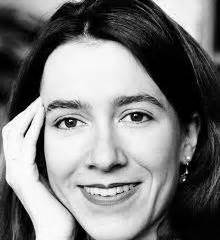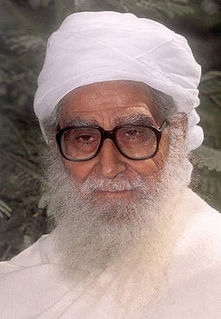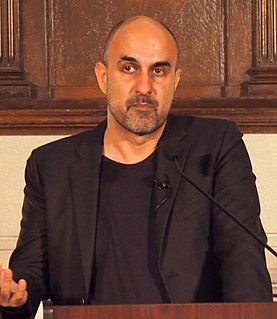A Quote by G. Willow Wilson
Muslims are ordinary members of the working public, just like you.
Related Quotes
The Metropolitan Police Service is still, despite what people think, a working-class organisation and as such rejects totally the notion of an officer class. That is why every newly minted constable, regardless of their educational background, has to spend a two-year probationary period as an ordinary plod on the streets. This is because nothing builds character like being abused, spat at and vomited by members of the public.
We are not Black Muslims we are Muslims. You see, you have Catholics. You have Chinese Catholics, you have Indian Catholics, you have black Catholics and white Catholics. But I'm sure you don't ask a man are you a white Catholic? Are you a Chinese are you a yellow Catholic, a red Catholic, or a white Catholic? He's just a Catholic. We have black Muslims, we have brown Muslims, we have red Muslims, we have yellow Muslims, we have even white complected Muslims, so I'd like to clear that point, this is a press word, Black Muslims.
If we are true small 'l' liberals, it's our job to seek out feminist Muslims, ex-Muslims, liberal Muslims, dissenting voices within Muslim communities, gay Muslims - we should promote those voices and in doing so, we demonstrate Islam is not a monolith, Muslims are not homogenous, and that Muslims are truly internally diverse.
In practice, you realise that most attempts to feed your baby in a public space will be met with subtle but palpable resistance. Older chaps roll their eyes, slick young businesswomen purse their mouths, teenagers look disgusted, waitresses anxious. But it strikes me as ironic that many members of the public fret about British Muslims donning the hijab, yet happily condone the veiling of nursing mothers.
Not all Muslims become involved in acts of violence. Yet all might be held culpable. THis is because that section of Muslim--in fact, the majority--who are not personally involved, neither disown those members of their community who are engaged in violence, nor even condemn them. In such a case, according to the Islamic Shariah itself, if the involved Muslims are directly responsible, the uninvolved Muslims are also indirectly responsible. (p. 91)
Naheed Nenshi is a friend of mine. We - he - knows how close I am to all of the cultural, ethnic, and religious communities in Canada, particularly his own Ismaili community. By the way, the vast majority of Canadian Muslims, particularly Ismaili Muslims that I know, strongly support our government's reinforcement of the public nature of the public citizenship oath.
The challenge for Muslims in America is to respect the fears of ordinary people while resisting the exploitation of those fears by political parties, lobbies and sectors of the media. To meet this challenge, Muslims must reassess their own involvement, behavior and contributions in American society.
I think where I've instinctively found myself is that I am somewhat guarded in my public life. Being interviewed or being photographed or just in public attention, I have a certain reserve. But when I'm working I feel like I'm very open. At least I like to believe that I feel like nothing is held back when I'm in front of a camera. That's my job.





































